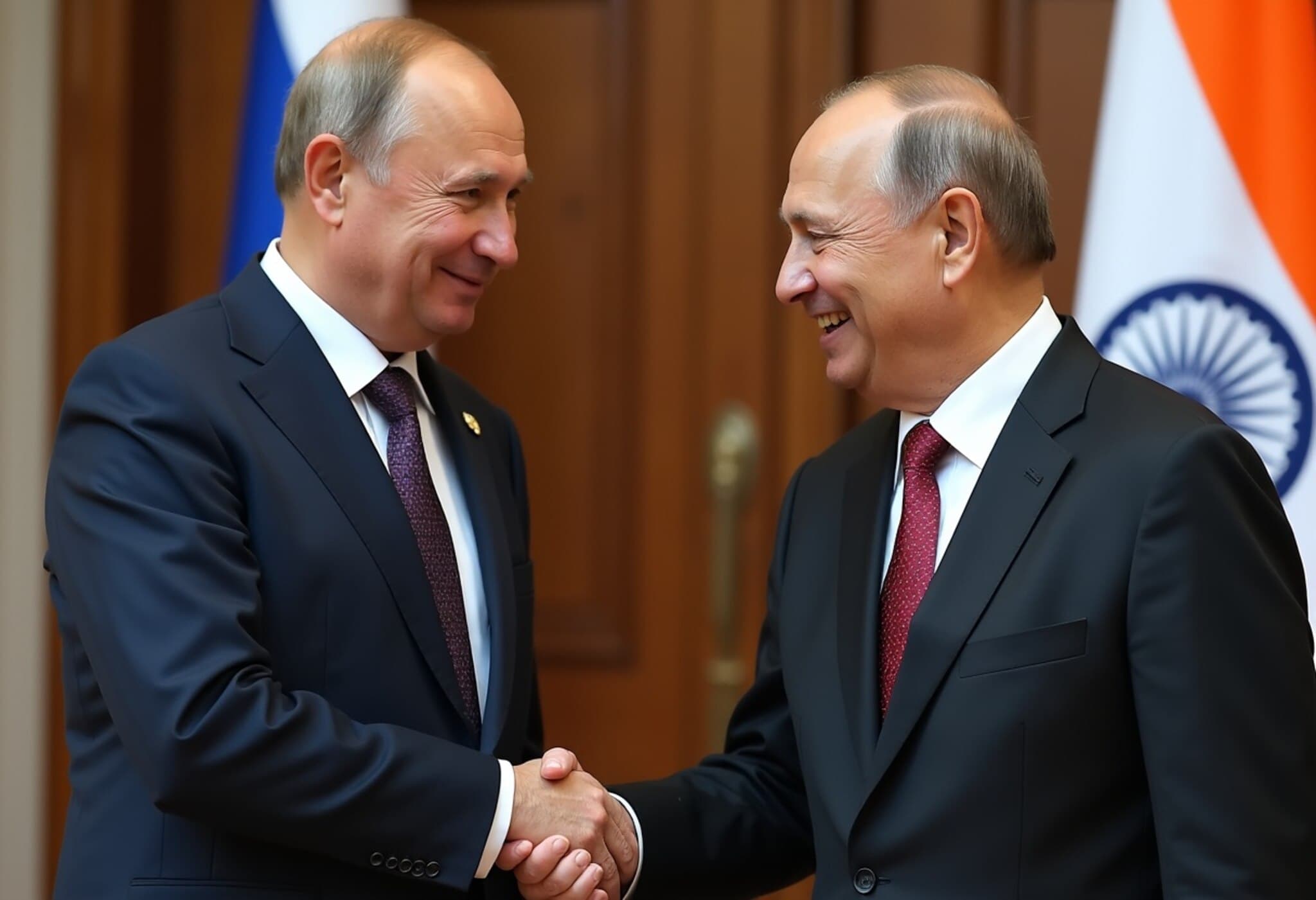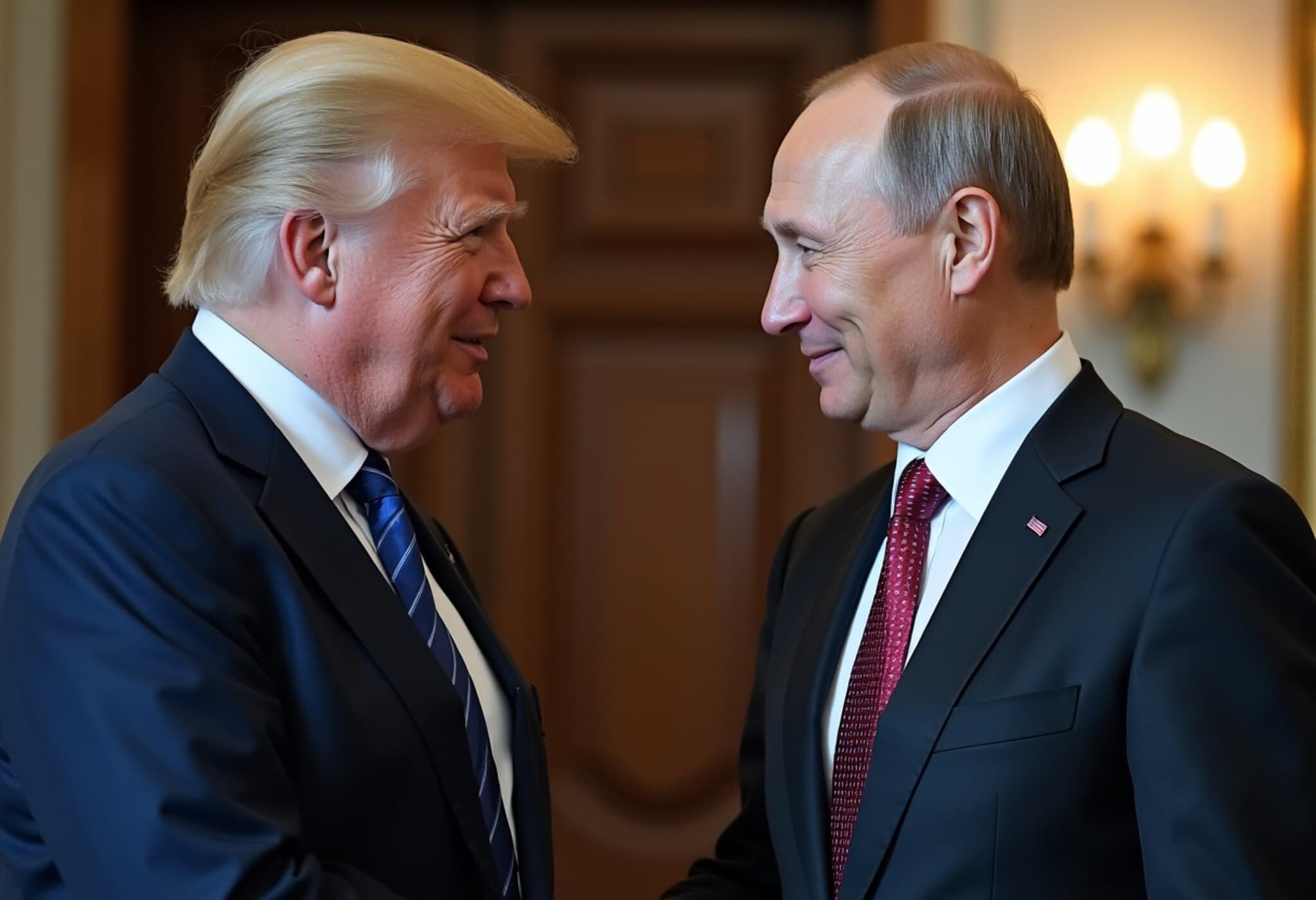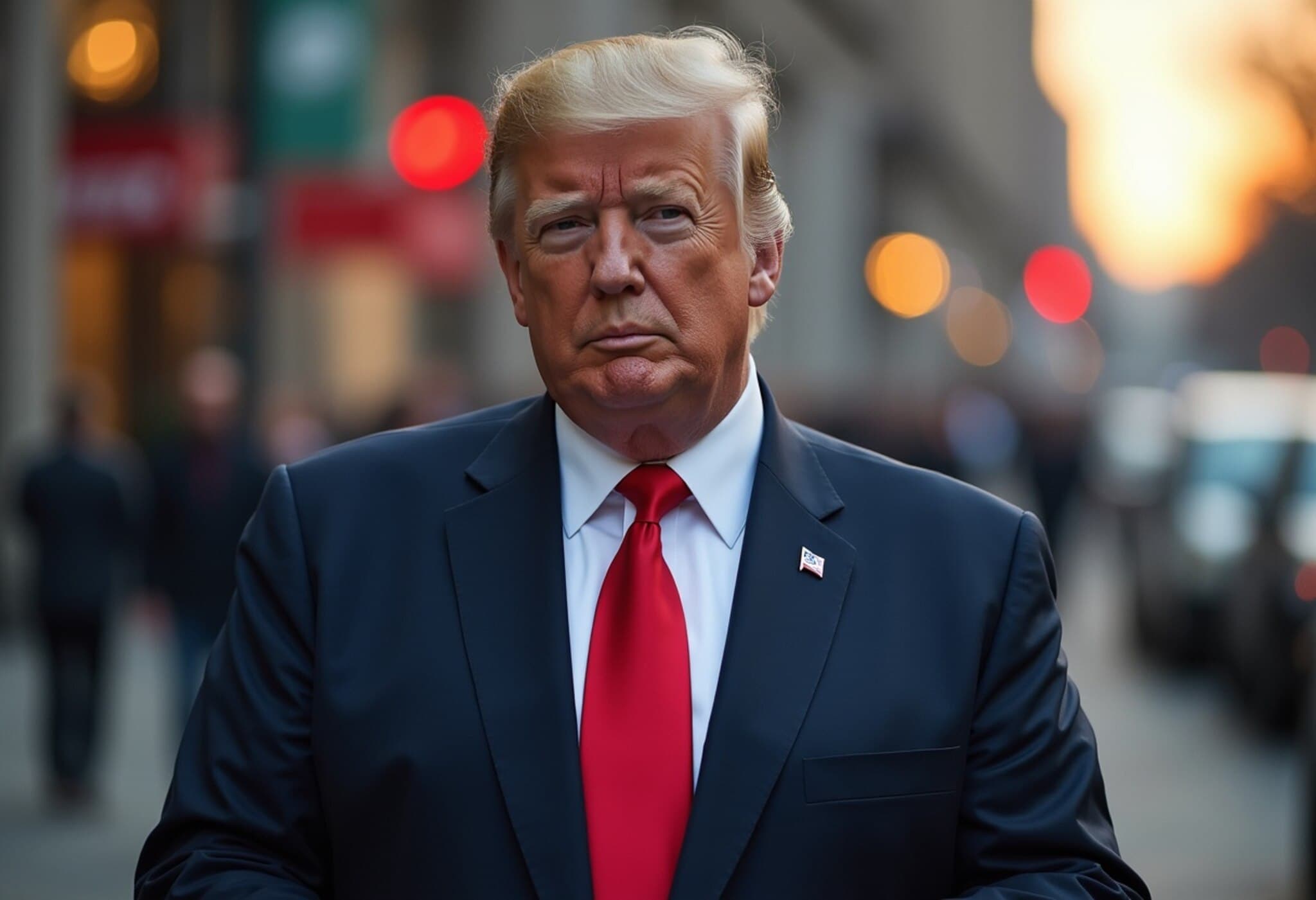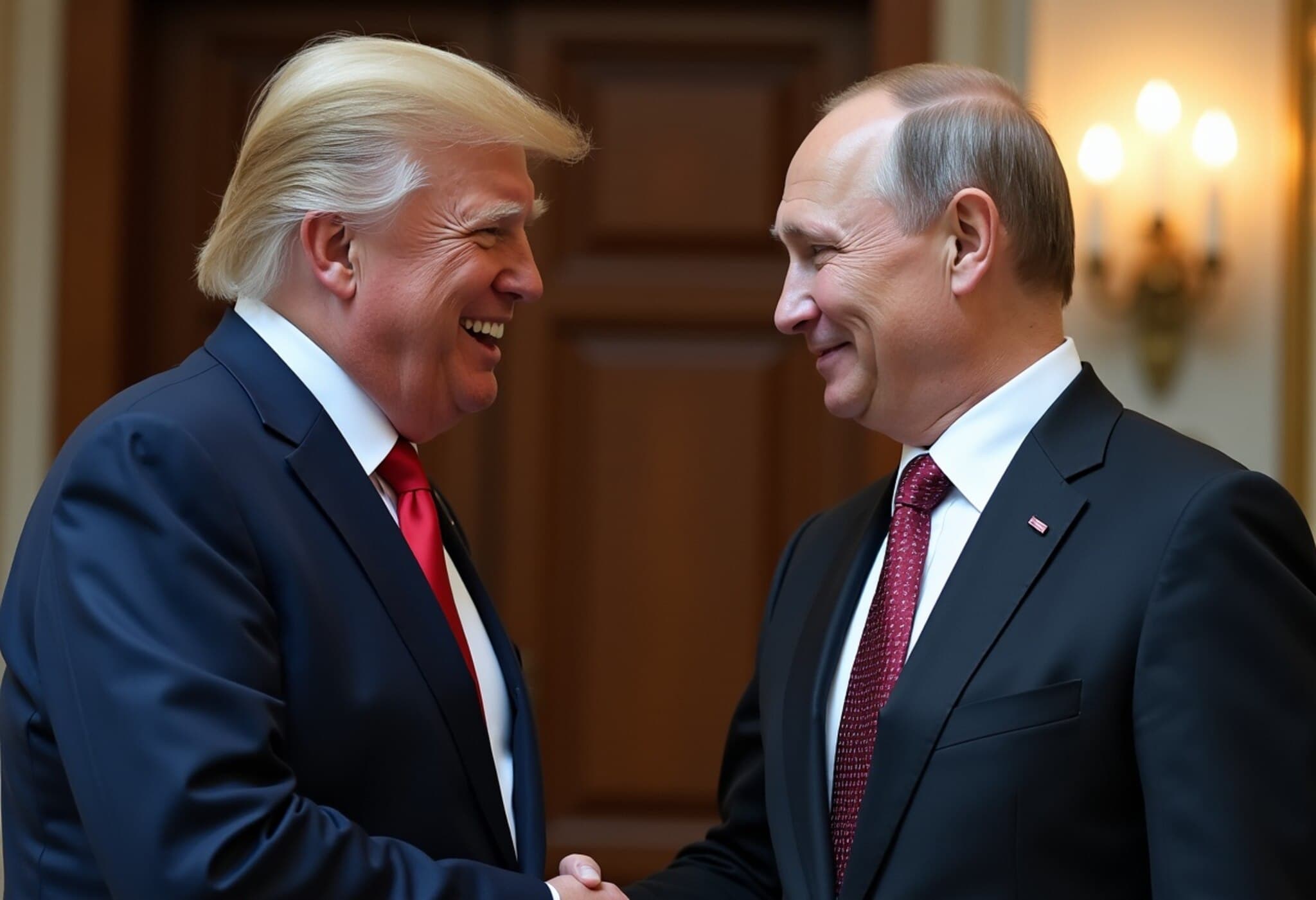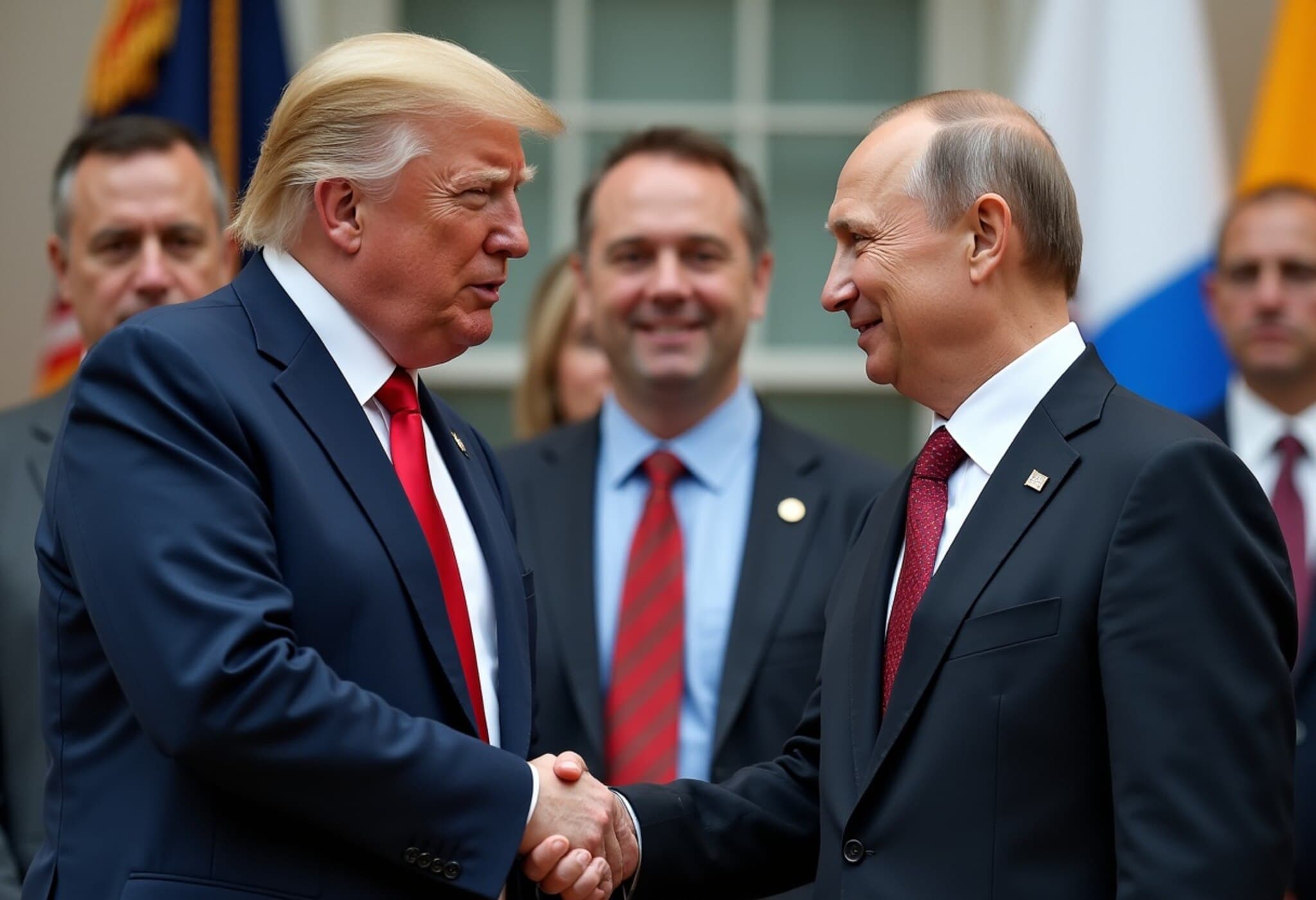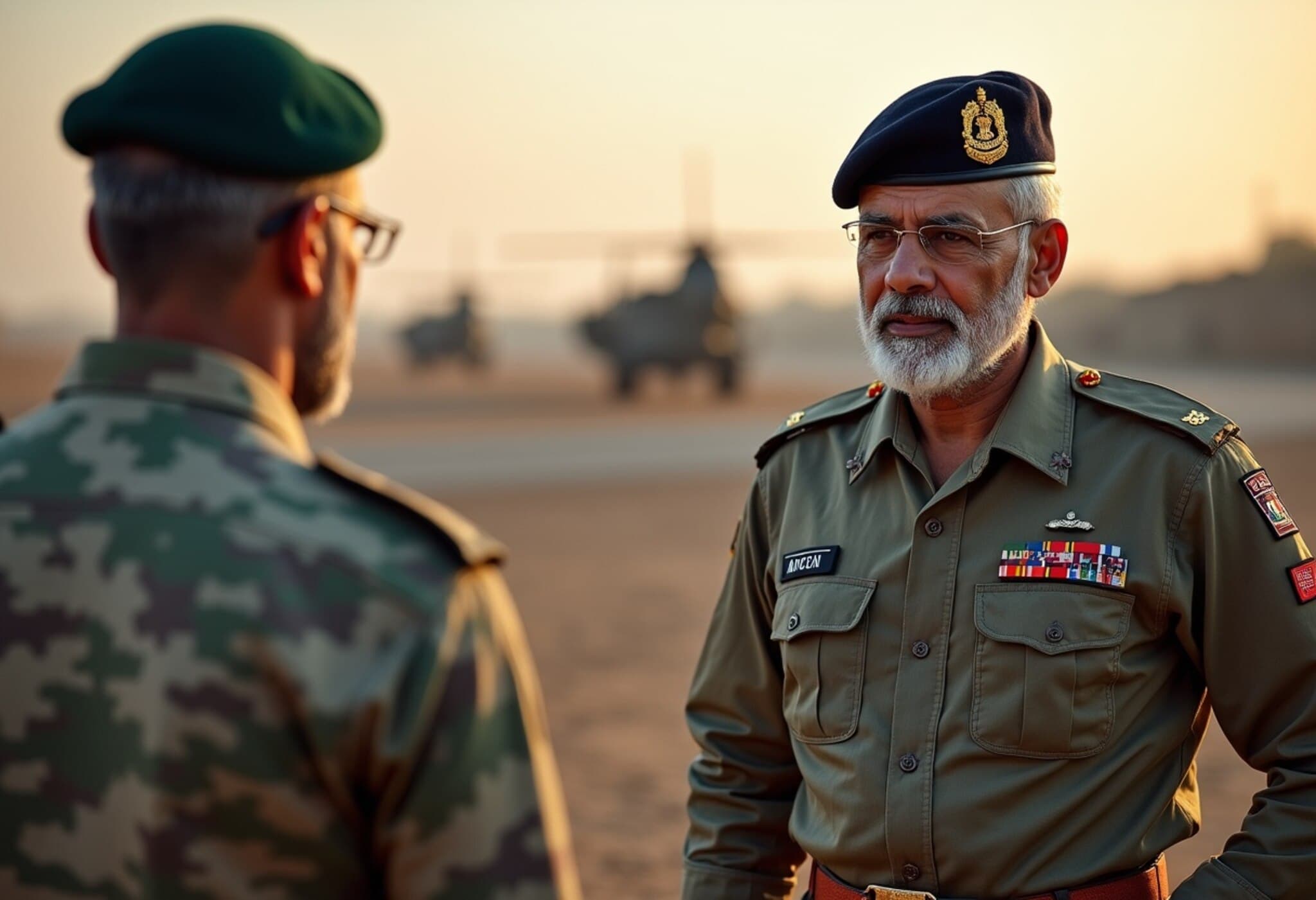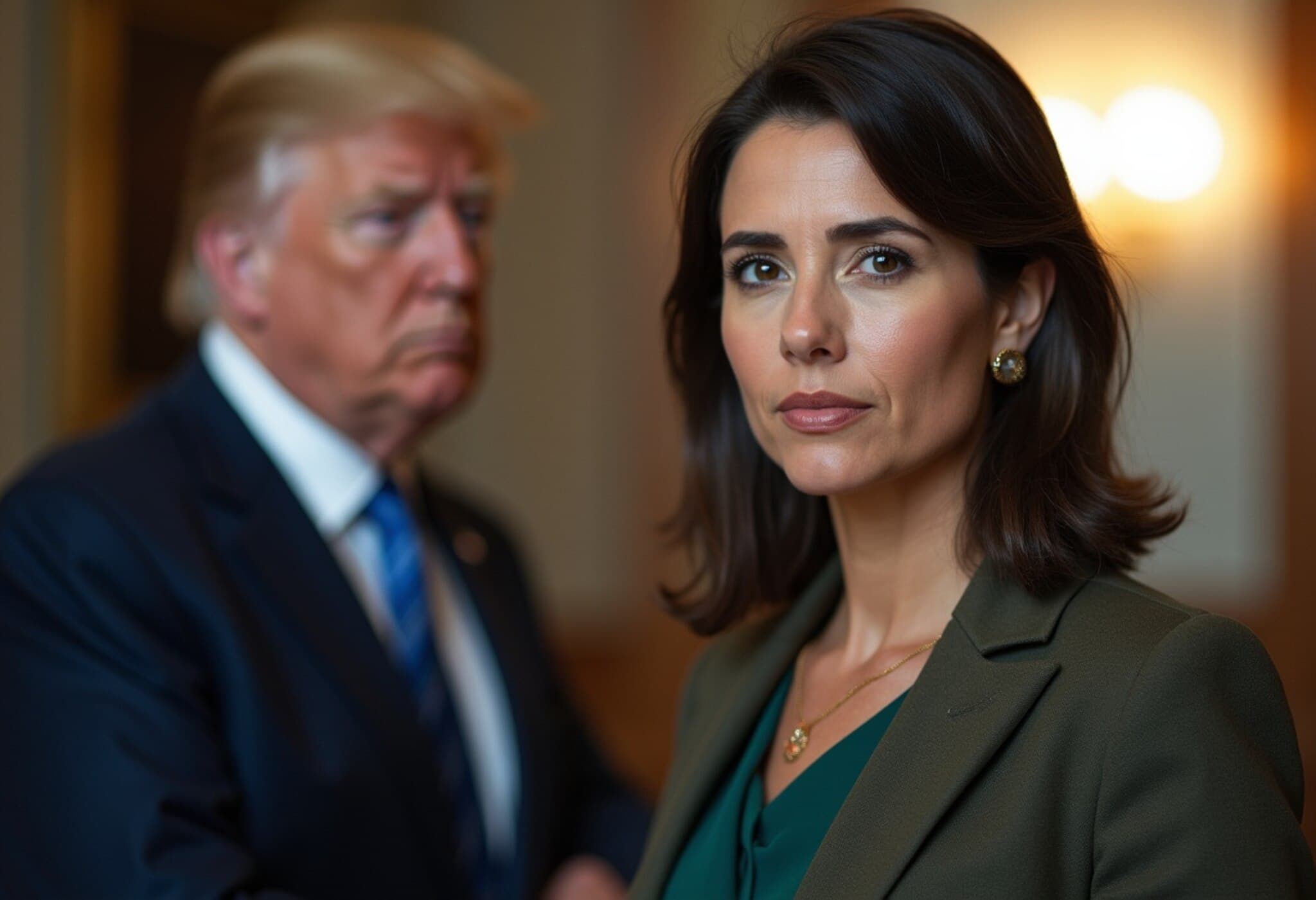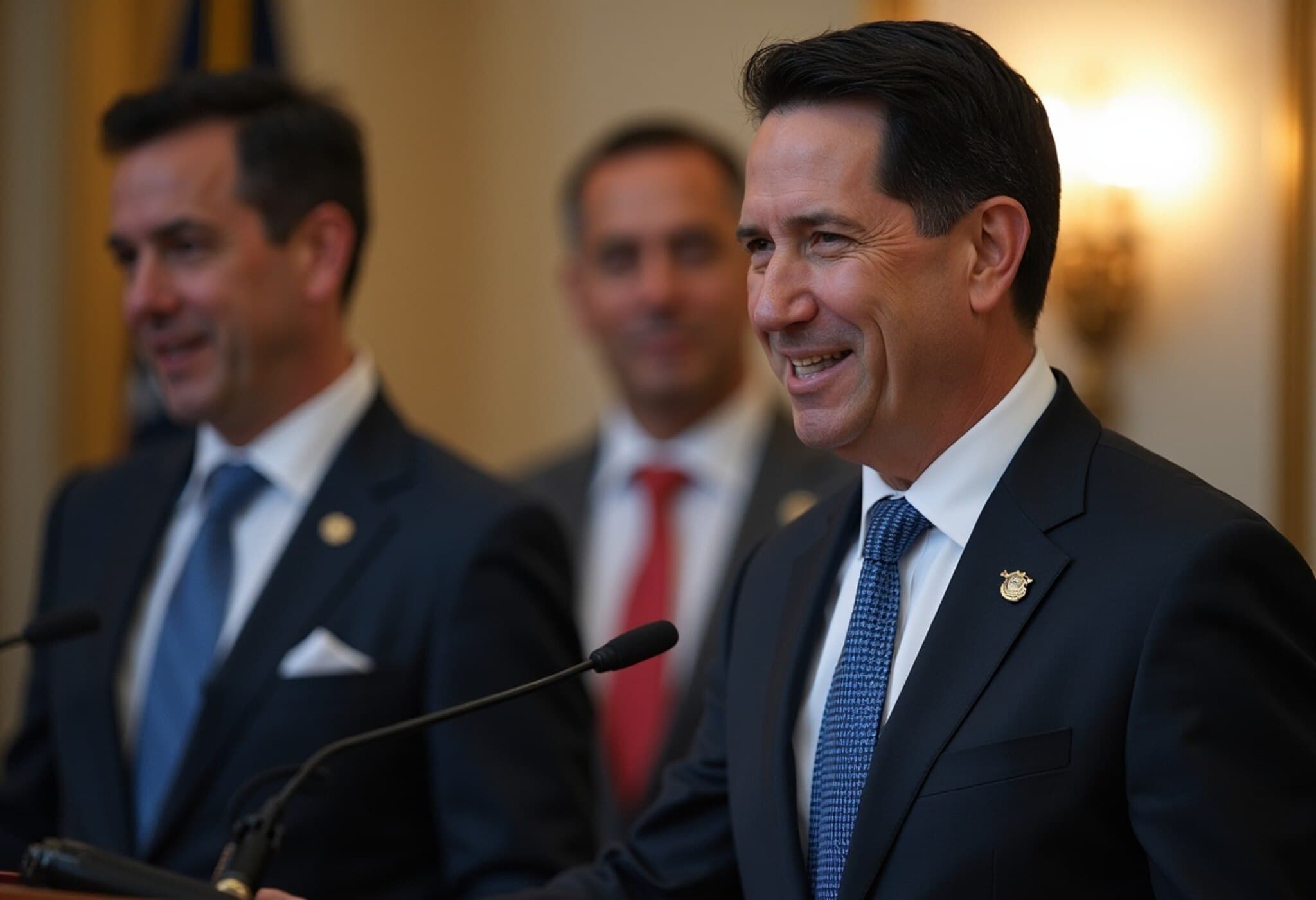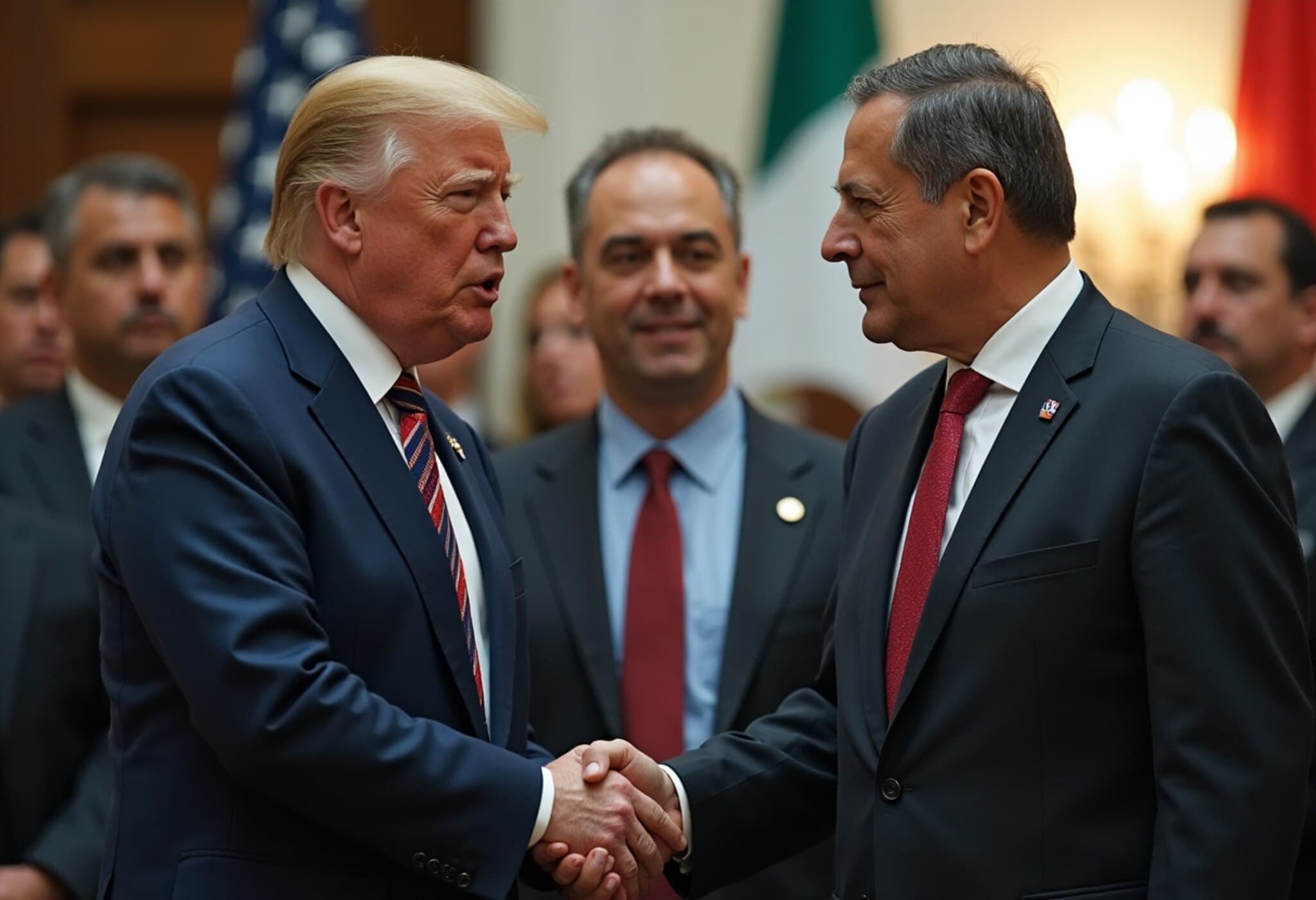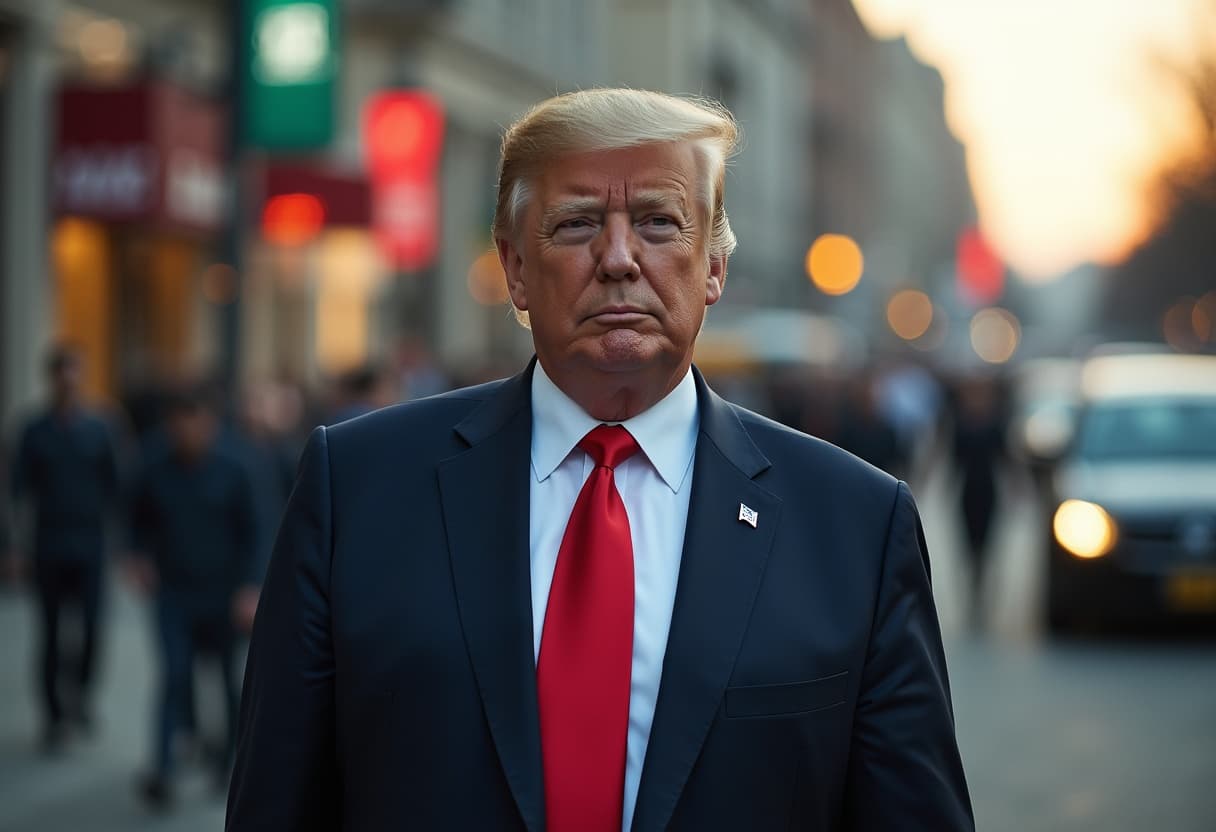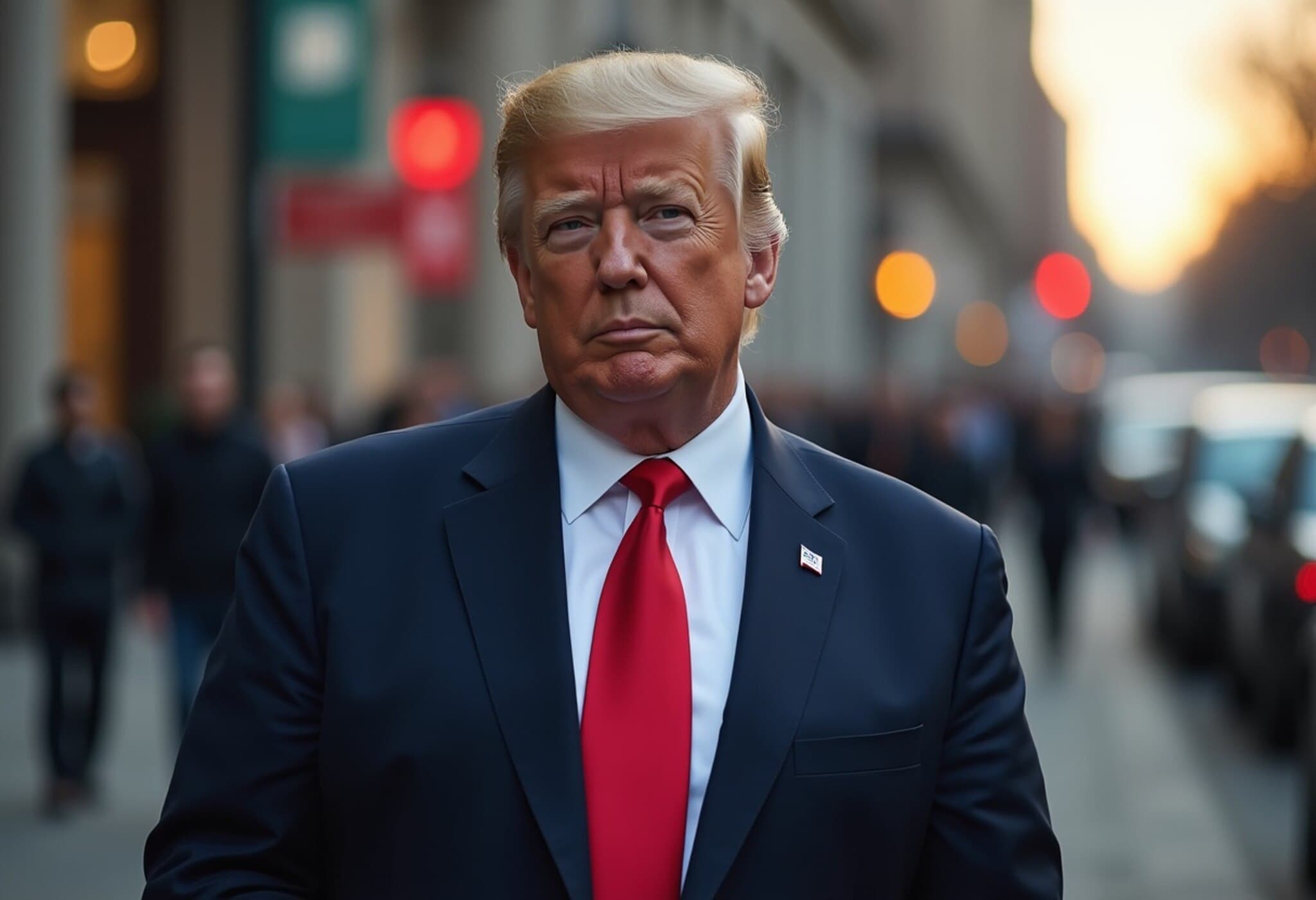Mexico Firmly Opposes U.S. Military Presence as Pentagon Targets Drug Cartels
In a stark reminder of the delicate balance between sovereignty and security cooperation, Mexican President Claudia Sheinbaum unequivocally dismissed U.S. military intervention on Mexican soil despite recent Pentagon directives aimed at combating drug cartels deemed terrorist organizations by the United States.
Presidential Denial and Diplomatic Strains
Addressing reporters in Mexico City, President Sheinbaum stated, "The United States is not going to come to Mexico with the military. We cooperate, we collaborate, but there is not going to be an invasion. That is ruled out, absolutely ruled out." Her comments come days after President Donald Trump reportedly instructed the Pentagon to intensify actions against cartels operating along North America’s southern border.
Despite these assertions, ambiguity surrounds the exact nature of Washington's plans. Insider sources reveal conflicting accounts; while Mexican officials claim they were informed of the directive’s forthcoming announcement, others suggest they were blindsided by the abruptness and scope of the order.
Historical Context and Sovereignty Sensitivities
Mexico’s steadfast refusal to permit U.S. military deployment onto its territory recalls a long history marked by mistrust, stemming from past American interventions in Latin America. Arturo Rocha, a former Mexican diplomat who oversaw U.S. relations, emphasized how "Mexico’s sovereignty is a redline." He noted that unlike conflict zones with fractured governments, such as Afghanistan, Mexico's solid state institutions make foreign military action on its land a highly contentious matter with potentially severe diplomatic repercussions.
Collaborative Gains and Possible Fallout
Until recently, Mexico and the U.S. have found common ground, witnessing measurable successes in their joint struggle against drug cartels. Notably, fentanyl seizures reportedly fell by approximately 50% compared to the previous year, a testament to combined enforcement efforts. The Mexican Navy’s deployment of hundreds of troops against one of the country’s oldest, most powerful cartels also signaled Mexico's commitment to tackling drug trafficking independently.
U.S. Ambassador Ronald Johnson praised this cooperation on platforms like X, highlighting a "secure border" and asserting, "Under President Trump and President Sheinbaum’s leadership, cartels are going bankrupt and our countries are safer because of it." Both nations have also aligned on immigration enforcement, contributing to record low border crossings through intensified Mexican migration policing.
Risks of Unilateral Military Action
Experts warn that unilateral U.S. military interventions could unravel years of diplomacy and undermine Mexico's sovereignty, igniting nationalist backlash. Todd Robinson, a seasoned State Department official, cautioned, "There is no way you get a good relationship if you shove the U.S. military down their throat."
The complexity of cartel operations embedded deep within urban centers further complicates potential U.S. military actions involving drones or troops. Unlike remote battlefields in Afghanistan or Pakistan, Mexican cities are densely populated, increasing the risk of civilian casualties — including many dual U.S.-Mexican citizens.
Furthermore, secrecy surrounding the Pentagon’s directive and potential covert operations has stoked fears within Mexico’s government about the erosion of trust. Such developments could jeopardize bilateral cooperation on security, drug trafficking, and migration, crucial areas for both countries.
A Turning Point for U.S.-Mexico Relations?
As both nations navigate this turmoil, they face a pivotal choice: uphold mutual respect and continue collaborative approaches to shared challenges, or risk deepening divisions through aggressive unilateral actions. The latter could unravel recent progress on drug interdiction and migration management, critically affecting regional stability.
Expert Commentary
- Dr. Elena Martínez, Latin America Policy Analyst: "This moment underscores the fragility of cross-border cooperation governed as much by national pride as by security imperatives. The U.S. must recognize Mexico’s internal politics and historical scars to avoid damaging a relationship that is vital for North American stability."
- Craig Deare, former U.S. military attaché in Mexico: "Short-term tactical victories gained by ignoring diplomatic protocols might cost decades of diplomatic progress. Military action without consent could irreparably harm trust."
Conclusion
While the drug war demands innovative strategies, respectful diplomacy remains paramount. The United States and Mexico have shown that cooperative engagement — rather than unilateral military interventions — is the cornerstone for sustainable progress against powerful transnational cartels.
Editor's Note
This unfolding dispute raises pressing questions about sovereignty, security, and the limits of bilateral cooperation. How will Mexico navigate pressures from both domestic audiences wary of past U.S. interventions and external demands to curb cartel violence? And can the U.S. balance assertive counter-narcotics policies with respect for Mexico’s national autonomy? These issues merit close attention as the region grapples with intertwined challenges of migration, drug trafficking, and geopolitical trust.



